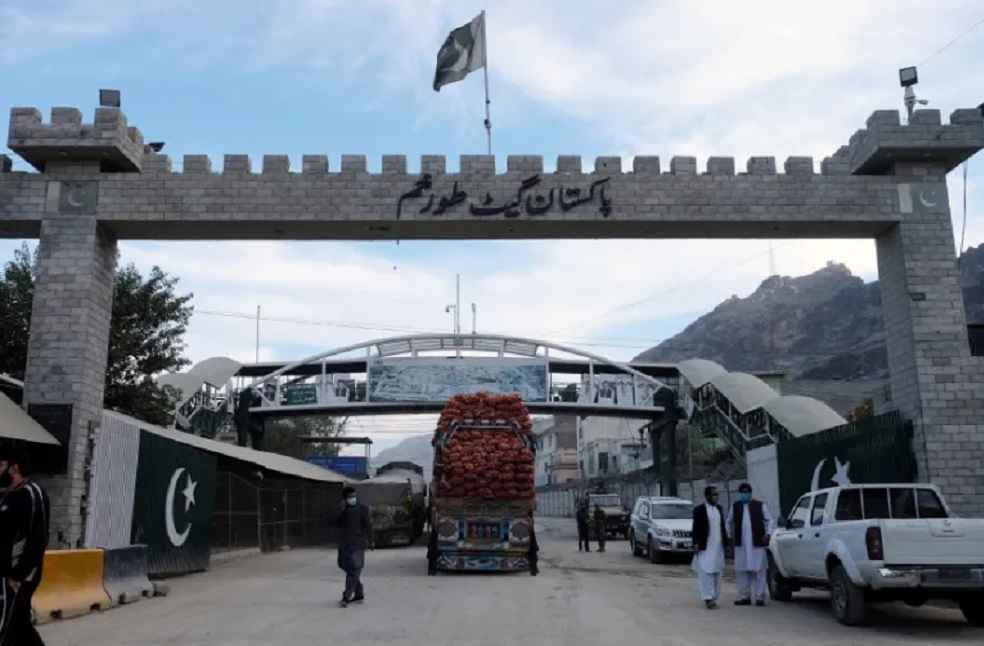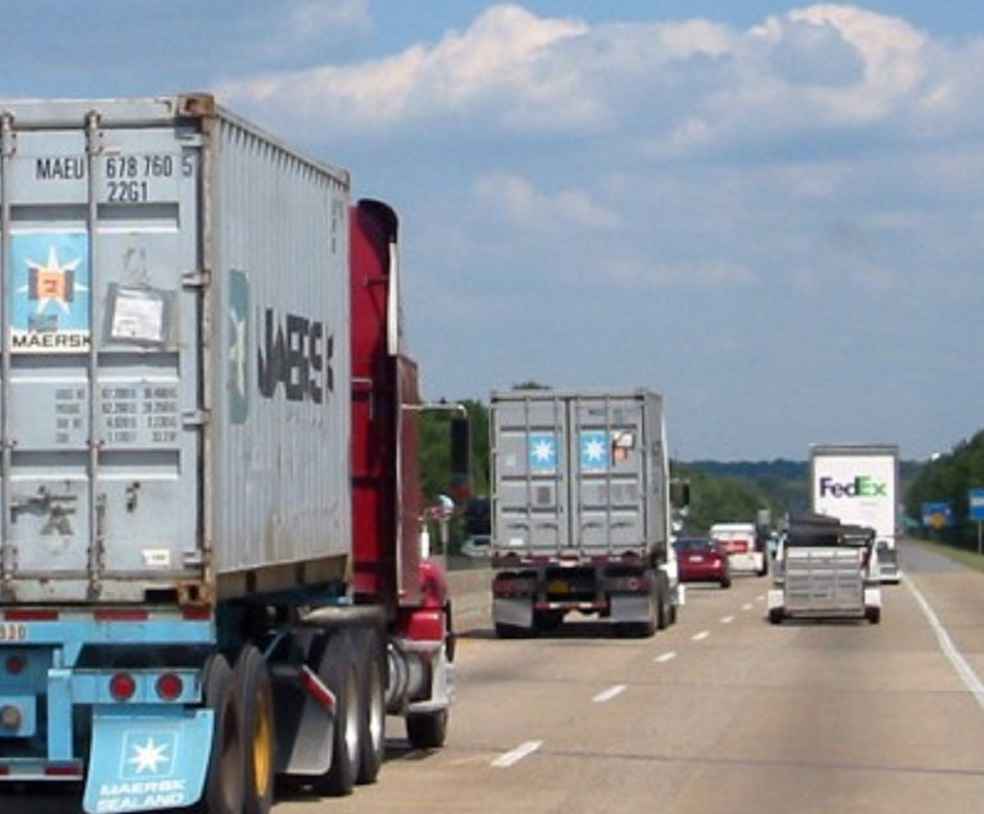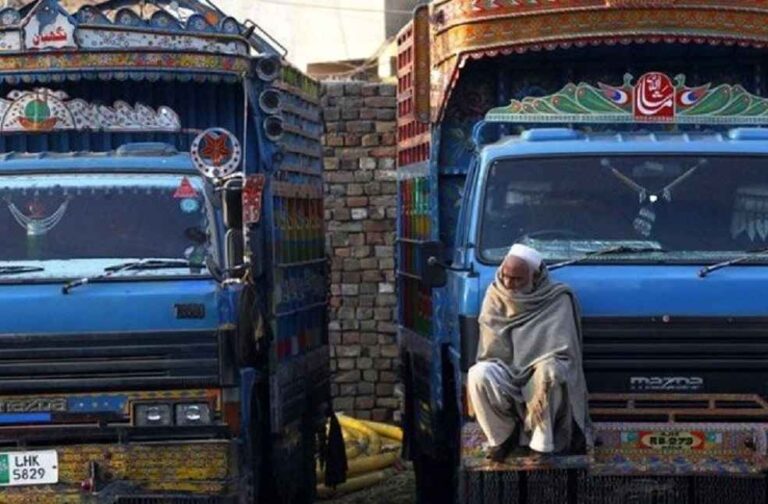Pakistan: Entrepreneurs from Khyber Pakhtunkhwa (KP) have sounded alarms over the provincial government’s recent imposition of a 2% Infrastructure Development Cess (IDC) on the commercial value of export consignments. The decision, they argue, has triggered a staggering 70% reduction in exports, leading to serious concerns about the province’s economic trajectory.
Notable figures, including prominent exporter Khalid Sultan Khwaja and Pak-Afghan Joint Chamber of Commerce and Industry (PAJCCI) Coordinator Zia-ul-Haq Sarhadi, warned that without urgent intervention, the levy would further erode KP’s already shrinking export volume, jeopardizing the livelihoods of thousands.
“Taxation on the commercial value of export consignment amounts in millions over calculation and exporters are diverting transportation of goods to other provinces to avoid this unbearable financial burden,” remarked Khwaja.

Sugar exports, which traditionally flowed through KP, are now being rerouted through Balochistan’s Chaman border to bypass the Rs 2 million per-truck duty levied by KP authorities. While the Balochistan route entails an additional cost of Rs 200,000 to Rs 300,000, this option is still more attractive than absorbing the IDC imposed in KP.
This diversion is not limited to sugar. Exporters handling perishable goods—such as fruits, vegetables, meat, and poultry—have shifted operations away from KP’s airport and other transit points, diminishing the province’s revenue collection from export activities.
Khwaja highlighted the risk of reduced international flight operations from Peshawar’s airport, as airlines like Emirates, which typically transport two tonnes of cargo from the city, may reconsider their frequency of flights due to dwindling exports.

Sarhadi raised an additional concern regarding the extension of the cess to reverse cargo under Afghan Transit Trade, directly challenging the legality of the move. Citing Article 32, Clause IX of the Afghanistan-Pakistan Transit Trade Agreement (APTTA) 2010, Sarhadi underscored that Afghan goods transported via transit trade are exempt from duties and taxes. Sarhadi asserted that, By imposing the IDC on Afghan goods at the Torkham border, KP is effectively violating international agreements.
Both Khwaja and Sarhadi stressed that excessive taxation undermines business viability and diminishes government revenue. They urged KP authorities to re-evaluate the IDC, especially given the strain local businesses already face due to soaring electricity costs and production expenses. The current situation makes this levy especially damaging to KP’s economic competitiveness on the global stage.
Their joint plea called on Chief Minister Ali Amin Gandapur to step in and repeal the cess to protect the province’s struggling export sector. Without swift action, they warned, the IDC will continue to push exports and revenue away from KP, leading to deeper economic instability for the region.
TRADE WORLD | Digital Tech Boosts Global Trade, Fuels Innovation and Global Partnerships



